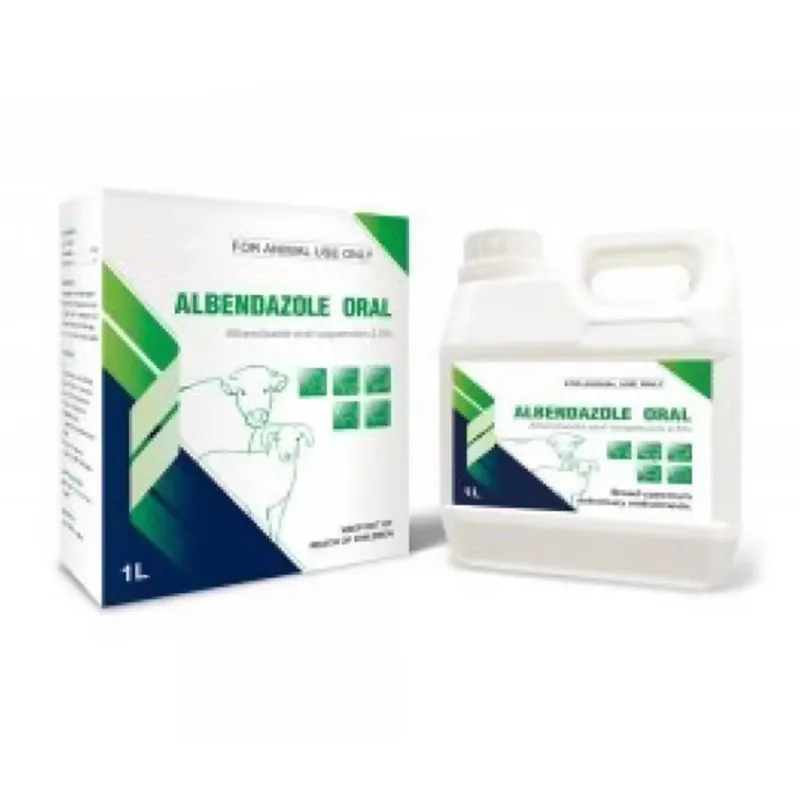- Afrikaans
- Albanian
- Amharic
- Arabic
- Armenian
- Azerbaijani
- Basque
- Belarusian
- Bengali
- Bosnian
- Bulgarian
- Catalan
- Cebuano
- Corsican
- Croatian
- Czech
- Danish
- Dutch
- English
- Esperanto
- Estonian
- Finnish
- French
- Frisian
- Galician
- Georgian
- German
- Greek
- Gujarati
- Haitian Creole
- hausa
- hawaiian
- Hebrew
- Hindi
- Miao
- Hungarian
- Icelandic
- igbo
- Indonesian
- irish
- Italian
- Japanese
- Javanese
- Kannada
- kazakh
- Khmer
- Rwandese
- Korean
- Kurdish
- Kyrgyz
- Lao
- Latin
- Latvian
- Lithuanian
- Luxembourgish
- Macedonian
- Malgashi
- Malay
- Malayalam
- Maltese
- Maori
- Marathi
- Mongolian
- Myanmar
- Nepali
- Norwegian
- Norwegian
- Occitan
- Pashto
- Persian
- Polish
- Portuguese
- Punjabi
- Romanian
- Russian
- Samoan
- Scottish Gaelic
- Serbian
- Sesotho
- Shona
- Sindhi
- Sinhala
- Slovak
- Slovenian
- Somali
- Spanish
- Sundanese
- Swahili
- Swedish
- Tagalog
- Tajik
- Tamil
- Tatar
- Telugu
- Thai
- Turkish
- Turkmen
- Ukrainian
- Urdu
- Uighur
- Uzbek
- Vietnamese
- Welsh
- Bantu
- Yiddish
- Yoruba
- Zulu
10 月 . 12, 2024 00:19 Back to list
Effective Antiparasitic Treatments and Strategies for Horse Health and Wellness
Understanding Antiparasitic Treatments for Horses
Parasites are a common challenge in equine health, affecting horses of all ages and backgrounds. They can cause a range of health issues, from mild discomfort to severe systemic illnesses. Consequently, managing parasites is crucial for maintaining the overall health and performance of horses. This article delves into the importance of antiparasitic treatments, the types available, and best practices for effective parasite control.
The Importance of Antiparasitic Treatments
Horses can be hosts to various internal and external parasites. Internal parasites, such as worms (including roundworms, tapeworms, and strongyles), can lead to colic, weight loss, anemia, and even death in severe cases. External parasites, like flies, ticks, and mites, not only cause irritation but can also transmit diseases.
Regular antiparasitic treatments are essential for several reasons
1. Health and Performance Healthy horses are more likely to perform at their best. Parasitic infections can lead to decreased appetite, lethargy, and poor growth or performance.
2. Preventing Resistance Over time, parasites can develop resistance to certain antiparasitic drugs. Rotating between different classes of anthelmintics can help delay this resistance.
3. Biosecurity Maintaining a parasite-free environment is crucial, especially in boarding facilities or farms with multiple horses. Effective treatments help prevent the spread of parasites among equines.
Types of Antiparasitic Treatments
Antiparasitic treatments can be categorized into several types, including
1. Anthelmintics These are medications specifically designed to target internal parasites. They come in various forms, such as powders, pastes, and liquids. Common classes of anthelmintics include - Benzimidazoles Such as fenbendazole, effective against a variety of worms. - Pyrantel Effective against strongyles and ascarids. - Macrocyclic Lactones Such as ivermectin and moxidectin, which are potent against a broad spectrum of parasites.
antiparasitic for horses

2. Topical Treatments For external parasites, various topical solutions, sprays, and powders are available. These often contain insecticides that target flies, lice, and ticks.
3. Combination Treatments Some products combine different types of antiparasitics to offer broader protection against both internal and external parasites. These can simplify management by significantly reducing the number of different products needed.
Best Practices for Effective Parasite Management
To maximize the effectiveness of antiparasitic treatments, horse owners should implement an integrated parasite management program, which includes
1. Regular Fecal Egg Counts Conducting fecal assessments at least twice a year allows owners to identify the type and burden of internal parasites present in their horses. This data helps inform treatment decisions.
2. Strategic Deworming Instead of adhering to a fixed deworming schedule, focus on a more strategic approach based on fecal results. Treat only when necessary to prevent resistance.
3. Environmental Management Maintaining a clean environment can help reduce the parasite load. Regularly clean stalls, remove droppings from pastures, and consider rotating grazing areas.
4. Monitoring and Consultation Regular health checks by a veterinarian, including parasite monitoring and recommendations, are crucial. Your vet can provide tailored advice based on the specific needs of your horse and local parasite prevalence.
5. Education and Resources Staying informed about parasite lifecycle and control measures through reputable resources and veterinary advice can empower horse owners to make effective decisions.
Conclusion
Antiparasitic treatments are a vital aspect of maintaining equine health. By understanding the various types of treatments available, implementing best practices, and working closely with veterinarians, horse owners can ensure their equines remain healthy, happy, and free from the burdens of parasites. Proactive parasite management not only enhances the quality of life for horses but also supports their performance and longevity in various disciplines.
-
The Power of Radix Isatidis Extract for Your Health and Wellness
NewsOct.29,2024
-
Neomycin Sulfate Soluble Powder: A Versatile Solution for Pet Health
NewsOct.29,2024
-
Lincomycin Hydrochloride Soluble Powder – The Essential Solution
NewsOct.29,2024
-
Garamycin Gentamicin Sulfate for Effective Infection Control
NewsOct.29,2024
-
Doxycycline Hyclate Soluble Powder: Your Antibiotic Needs
NewsOct.29,2024
-
Tilmicosin Premix: The Ultimate Solution for Poultry Health
NewsOct.29,2024













